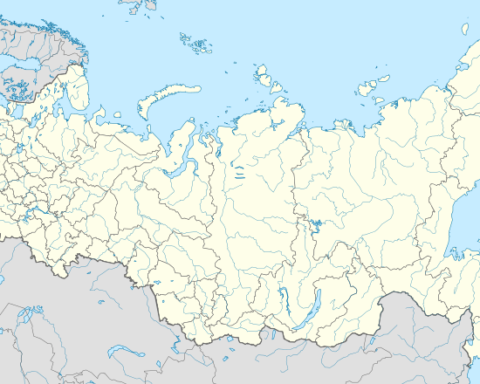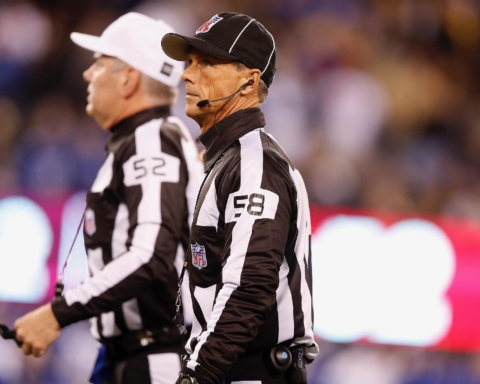On Feb. 16, the Vatican announced that former Cardinal Theodore McCarrick had been laicized – that is, removed from the clerical state. Last summer, the allegations of sexual abuse and assault against McCarrick had sparked a crisis in the American church, alongside the Pennsylvania Grand Jury Report that documented numerous cases of sexual abuse by clerics. One can speculate as to why it took so long for McCarrick, now 88 years old, to be punished to any significant degree, especially since allegations have been made before in the 1990s. The question as to how he ascended in rank up to cardinal is one yet to be answered fully.
As said before, allegations have been made previously, decades before the 2018 scandals hit. The new allegations, which surfaced in 2018, were concerned with a then-altar boy who was abused by McCarrick while he was in the Archdiocese of New York. According to Christopher White at Crux, Cardinal Wuerl had submitted a letter regarding allegations against then Cardinal McCarrick – allegations of sexual harassment toward seminarians. There were many more credible allegations of sexual abuse of seminarians and minors by McCarrick, yet his laicization only just occurred. To many, this can be seen as too little, too late, as the damage had already been done by McCarrick to the victims of his abuse and to the moral credibility of the Catholic Church.
A leading figure in the fight against sexual abuse in America, Cardinal Seán O’Malley, O.F.M. Cap., has been combatting sex abuse since the early 2000s. Recently, however, he has come into conflict with the Vatican. According to Travis Andersen at The Boston Globe, Cardinal O’Malley was “concerned that the Vatican wasn’t living up to its promise of zero tolerance for abuse,” referring to cases in which appeals panels set up by Pope Francis lessened the sanctions of “priests found guilty of abusing minors,” Andersen further said.
However, this is nothing new. European attitudes towards Americans aren’t exactly the greatest; they have their stereotypes just as we have ours. The distance between the two culturally and geographically also doesn’t help. This does not, however, excuse any lack of action on the part of either the Vatican or church leadership in America. Thankfully, the American church has Cardinal O’Malley. Hopefully the upcoming summit in Rome to address these issues will produce good fruit, although without Cardinal O’Malley, it may prove to be ineffective in approaching the crisis of abuse of minors and seminarians in America.
By Luke Nolan, Staff Writer
nolanl17@bonaventure.edu





